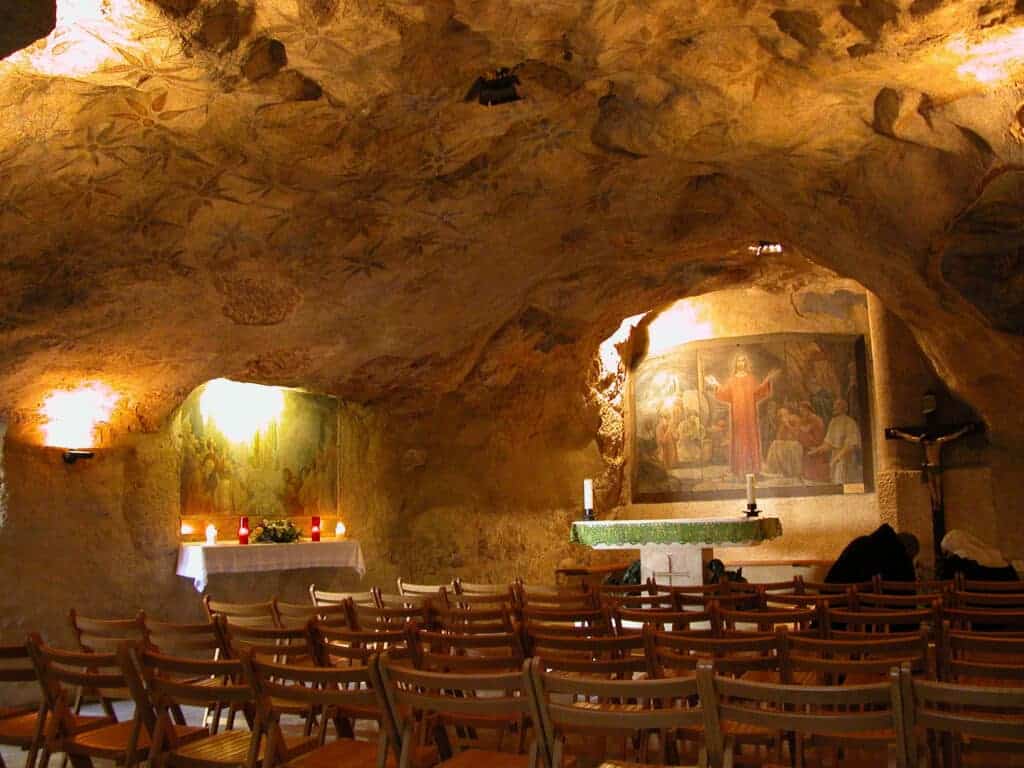Without dependence on the Holy Spirit, a person merely speaks and shares uninspired wisdom. We must not miss God’s heart by missing His Spirit in our preaching and preparation.
Spiritual Disciplines
Don’t get tangled up in the notion that depression is a sin.
Pastor, discouragement in your people is not a sign of your failure as a shepherd, nor is it a sign of their failure. It is the natural result of living in a fallen world. But God has given you the words of life to give to your flock, even in song.
Amid turmoil, how can a pastor avoid joining the unusually high number of pastors voluntarily leaving the ministry? This final article in our series about personal spiritual disciplines speaks to perseverance in those disciplines to maintain in stressful times. It’s what the Barna Group referred to as “pastoral resilience.”
This article is part 7 in a series about pastors and their practice of the personal spiritual disciplines. While the practice of family worship involves at least one other person, it usually relies primarily on the discipline of one individual for it to happen. Pastor, in your home, this would be you.
Christians often overlook that Isaiah 53 describes the death of the Messiah and his return to life! Isaiah 53:10 affirms, “Yet it was the will of the Lord to crush him, he has put him to grief.” Could anyone write a clearer presentation of the Gospel than this? And to think that it was written …
Two millennia of Christian believers have championed the great prophecy of Isaiah 53. They see it rightly as portraying the death of the Messiah. But this marvelous chapter also contains something that even Christians often overlook.
Golgotha was an ugly place, and Jesus was crucified between two ugly criminals. I remind the reader of the contrast between Jesus’ transfiguration and his crucifixion. That foretaste of His glory stood in stark contrast to the portrait of His suffering on Golgotha.
The Gospels say Jesus and the 11 left the room of the Last Supper and went across the Kidron to a place called “Gethsemane.” We must not lose sight that Jesus’ suffering, which was not limited to his later beatings and pain on the cross, began here in Gethsemane, under some lovely olive trees.
We know what hymn Jesus and his disciples sang at the Last Supper. It was Psalms 116–118. It was a sober song about rejection. That song, however, ended triumphantly because the day of the rejected stone became, for Jesus, the day of his installation as the cornerstone.



















